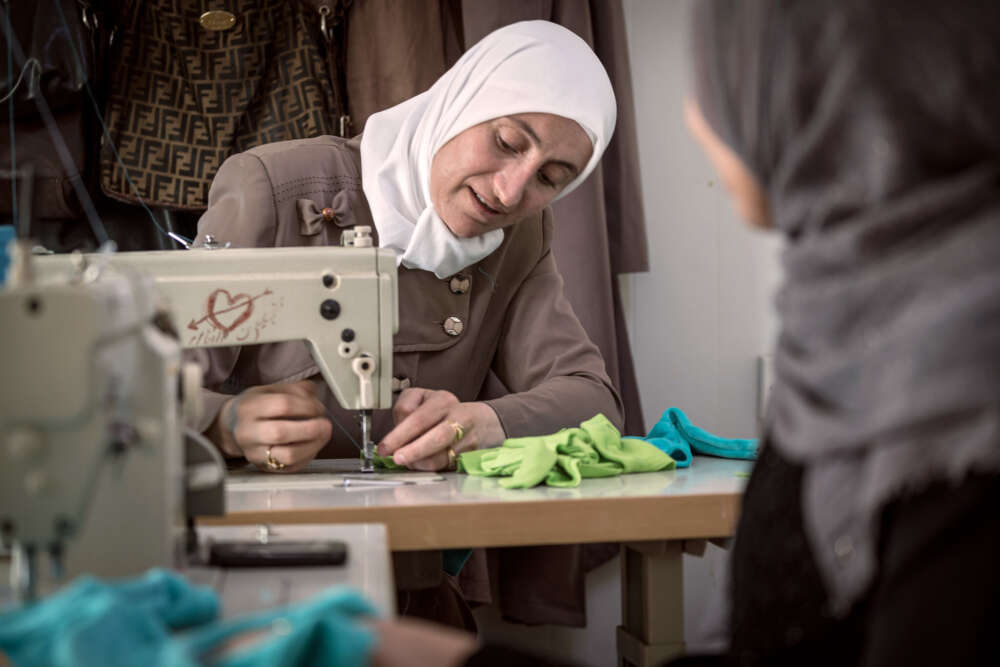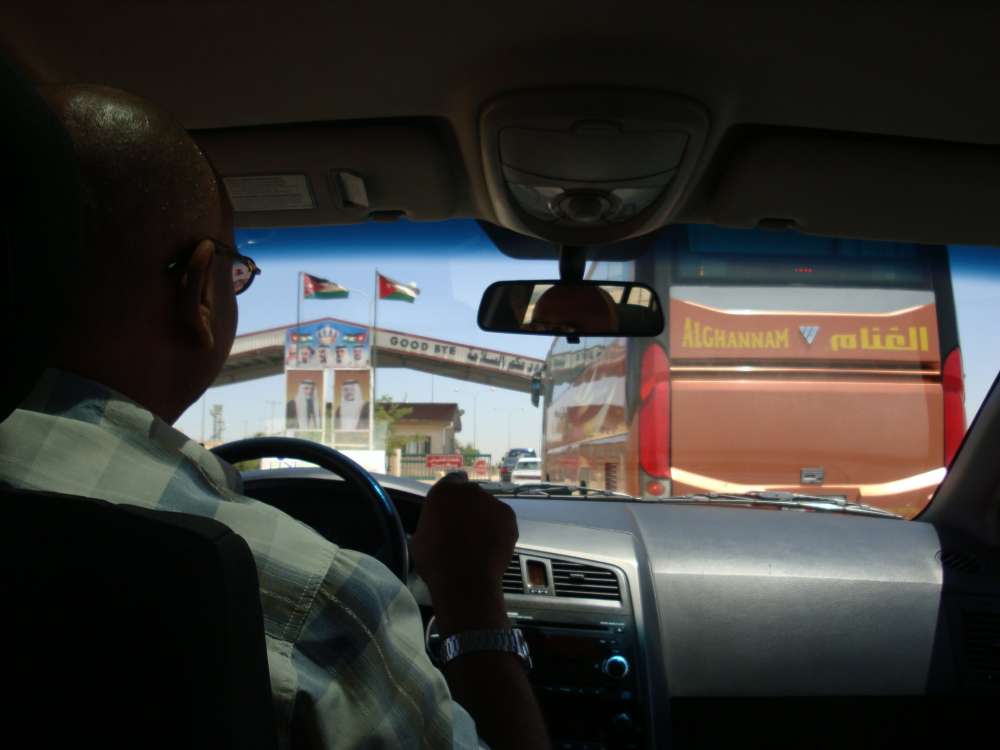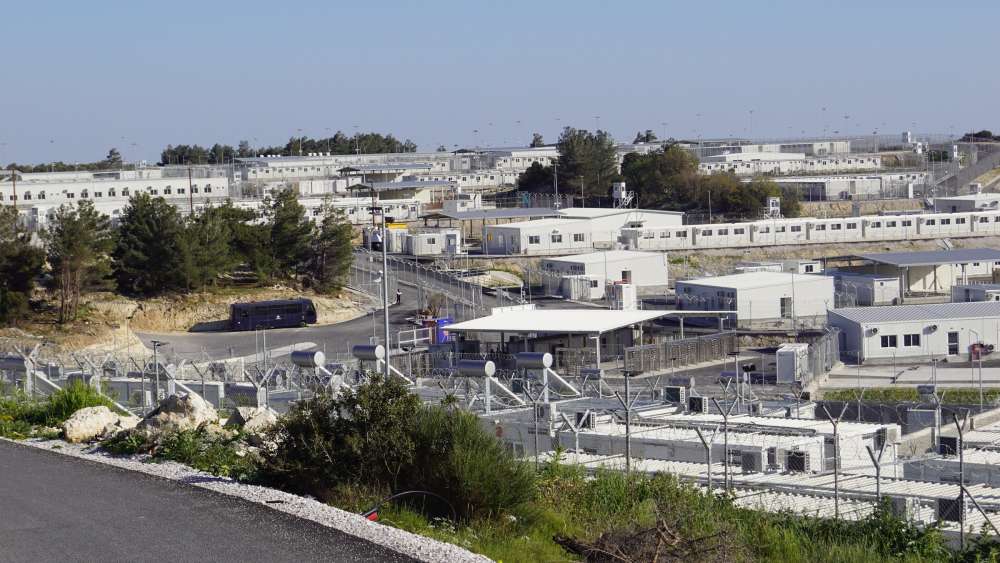Tracking Your Impact in the World “Out There”
The Do’s and Don’ts for (Migration) Experts

In a sector obsessed with knowledge production, it is somewhat ironic that many of us working as academics, think tankers, or in other applied research functions will shrug when asked about the effectiveness of our own work on policy. Sound familiar? You are not alone. Across topics and fields, there are shared challenges as well as some consistent good practices when it comes to tracking policy impact. Here are some important “dos” to keep in mind.
Goal Post: Understand the Change You Seek to Contribute to
It may sound trivial, but understanding and defining the change you are seeking, and how you contribute to it, is fundamental. As a researcher or expert, you will not achieve change single-handedly and abruptly. Typically, you will move forward alongside others on an opaque, meandering, incremental trajectory of progress, and may even have to expect some backsliding – such as the current one that is visible on humanitarian pathways in Europe.
Understanding change and how you can best contribute to spurring it also requires reflecting on what has worked so far. This means focusing not only on the big picture goals but also on the small successes – such as establishing communication channels with policy makers, facilitating technical exchanges or providing feedback on government working documents. Elaborating theories of change at this level can be helpful in identifying the types of impacts you are best positioned to achieve (and indeed a less complex one than the term suggests).
Invest in Reflective Practice: Ensure You Have the Capacity to Observe, Evaluate and Adapt
The second most important thing is to invest in the culture and capacity to openly and critically self-assess your work and draw conclusions on whether you need to adapt. There is no one-size-fits-all approach to this kind of reflection, and it does not have to be process-heavy or resource intensive. Form should follow function. It is, however, good practice to reflect collaboratively, such as among teams, with clients or with other stakeholders. Keep in mind that reflective practice is a means to an end. You are doing it to improve your learning about whether and how to contribute to change.
A common misconception around tracking impact is that its gold standard is hard quantitative metrics. Yes, once you, as a researcher and expert, have an understanding of your goals, you can track things that are both measurable and that you deem useful to measure, such as publication engagement data. But keep in mind that more important elements may escape purely quantitative monitoring, such as the evolution of relationships with people important for your work, or changes in context enabling and hindering factors for policy change.
Keep Calm and Carry on: Relevance Comes before Impact
In many cases, the maximum that researchers and experts can strive to control is the relevance of our work. This is not an excuse to lose sight of impact goals or to cut back on ambition, but an opportunity to reckon with the realities of social change processes, in which direct results are typically absent or unclear.
When seeking to contribute to policy change, what counts as “relevant” often overlaps with understanding policymakers’ needs, but these two things should not simply be equated. Rather, determining relevance requires acknowledging the diversity of perspectives, interests, power relations and agency of key players on the policy issues at stake. For example, in the case of migration, researchers and experts should seek to understand the views, needs and agency of migrants themselves. What is more, determining relevance often also involves making normative choices and being transparent about them, such as when operating with concepts like rights-based, safe, orderly and regular migration.
Embrace Polyphony: Research to Policy in a Field with Many Voices
As migration researchers and experts, we can fall into the trap of seeing our field as uniquely challenging for policy uptake – not just because its topics are often politically contested and polarizing, but also because even researchers remain divided on key issues.
However, as Katharina Natter and Nathalie Welfens have beautifully argued, the bigger challenge is navigating the post-truth world, in which facts and expertise are questioned across the “epistemological divides” that researchers may observe within their academic world, or experts within their bubbles. For this, you, as researchers and experts, should see the pluralism of goals, approaches and viewpoints as a strength, not a liability, and appreciate each other as allies in contributing to better migration policies.
In a nutshell: Four essentials to keep in mind when thinking about your impact
- (1) Define the change you want to contribute to and how your work supports it. Reflecting on tangible goals can help you stay grounded and focused on the specific contribution you’re best positioned to make.
- (2) Invest in the culture and capacity to openly and critically assess your work and decide if any changes are needed. Tracking impact isn’t just about hard metrics or a one-size-fits-all approach.
- (3) Focus first on making your work relevant more than impactful as this is what you can control. Invest in sound analysis not just on policy makers’ needs, but also the needs and perspectives of others affected.
- (4) Embrace dialogue within the discipline, as well as between academics and people in applied research functions, like think tanks.
This piece was originally published by The Migration to Research Policy Co-Lab on September 8, 2025.







